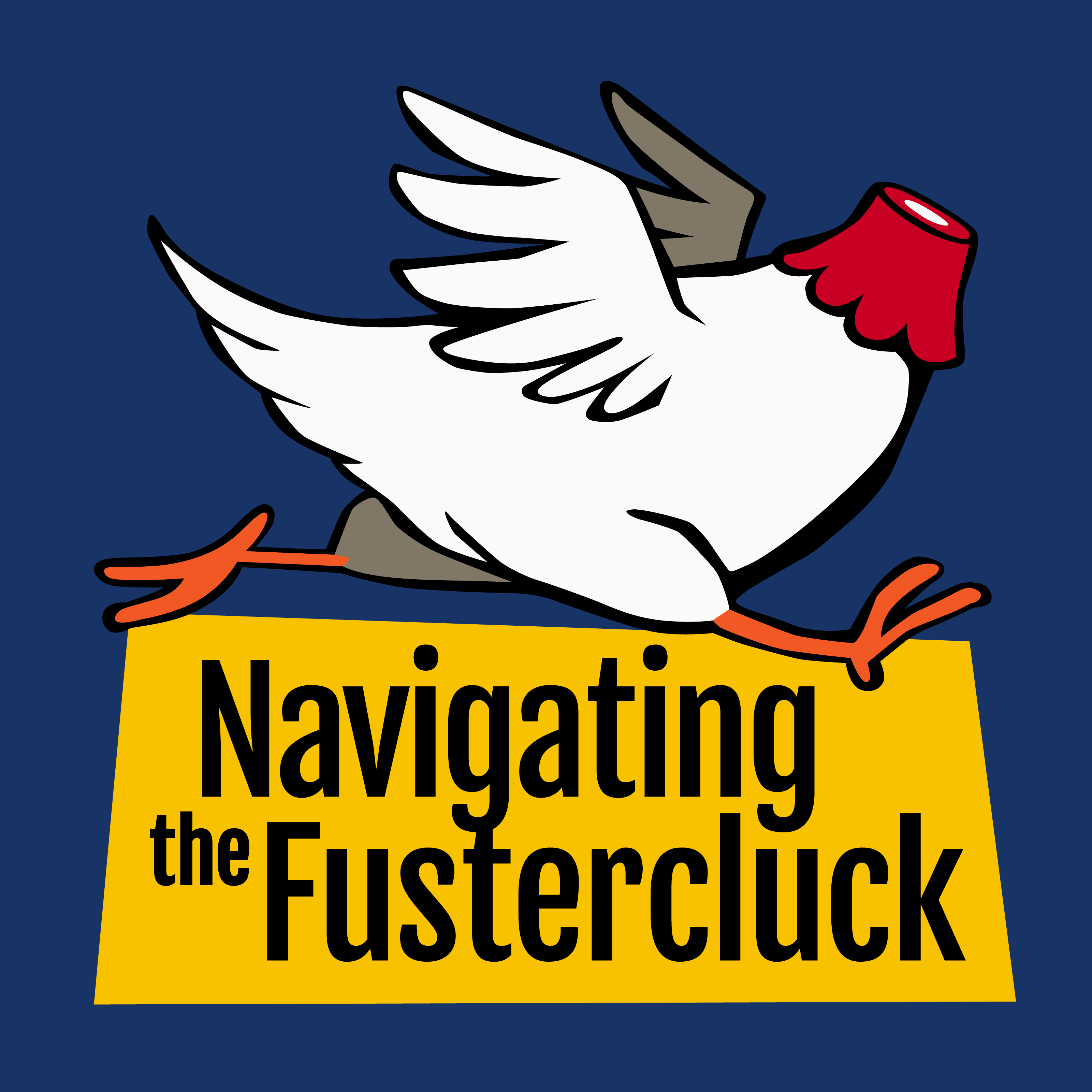32. Feedback

\n\t\t\t\t\t\t\t\t\t
\n\t\t\t\t\t\t
\n\t\t\t\t\t
\n\t\t\t
\n\t\t\t\t\t\t\t\t
\n\t\t\t\t
\n\t\t\t\t\t\t\tWelcome to Episode 32 of Navigating the Fustercluck\u2014a podcast full of bite-sized insights to help you navigate the unpredictable world of creativity & marketing.My name is Wegs, like eggs with a W, joining you from Deaf Mule Studios in Dallas, where we\u2019re here to talk about feedback. Tricky thing, feedback. The primary feedback on feedback is that nobody knows how the hell to give it. So let\u2019s look into this a little bit.And if you have feedback on this episode on feedback, reach out to me directly at wegs24x7@gmail.com.Before we start in on tactics, let\u2019s get a little humancentric here. What are the emotional issues that make feedback such a sensitive issue with so many people?A Sense of BelongingPeople want to belong to something bigger than themselves. That need may be fulfilled by a sense of nationalism, religion, a sports team or even a business. That sense of belonging is at the core of corporate cultures. People want to know what are the ideas and values that make us us. And yes, as individualistic as we may be, we\u2019re social creatures, we\u2019re all looking for our us.The Problem with CriticismCriticism, at a very deep level,\xa0feels\xa0like a threat, no matter how much we know, rationally, that we need it. And, of course, to the person delivering the criticism, it\xa0feels\xa0like they are delivering a message that might actually endanger another human by pushing them out of the group (\u201cbut they might quit!\u201d is a common objection when people are asked to be more direct in their criticism).A sense of belonging is important. But that shouldn\u2019t be an excuse for allowing groupthink. There has to be some diversity in opinion or we\u2019ll never change. Never improve. Neither as individuals or as a company.That said, there very different ways of looking at feedback. Basically\u2026Two Schools of Thought#1 Radical CandorRadical candor or radical transparency says that we all need to be as authentic as possible and tell it like it is. At least how it is in our minds. And if you can\u2019t take my candor then you\u2019ve got the problem.It\u2019s meant to develop thick skin and cut down on any time-consuming pussyfooting around.Take Netflix for example. They have an annual Feedback Day where anyone can send feedback to whomever they choose. Their format? Start/Stop/Continue.Each person tells a colleague one thing they should start doing, one thing they should stop doing, and one thing they\u2019re doing really well and should keep doing.Brutal vs HonestSo, while radical candor may ruffle a few feathers and heighten some insecurities, the trade-off of honesty is seen as being worth it.\xa0But to paraphrase brain scientist Jill Bolte Taylor, We\u2019re not thinking creatures who feel, we\u2019re feeling creatures who think. Can most of us endure radical candor? Does it matter? Not according to Ray Dalio\u2019s book,\xa0Principles.Dalio is the founder of Bridgewater. They handle the money of people like Bill Gates. Bridgewater has a culture of tremendous achievement, combined with a determined effort to see, and deal with, the truth of things. The first chapter under \u201cLife Principles\u201d is\xa0\u201cEmbrace Reality and Deal With It\u201d.But even Dalio acknowledges that \u201cRadical Transparency\u201d takes its toll:\xa0\u201cWhile [people\u2019s] \u201cupper-level you\u2019s understand the benefits of it, their \u201clower-level yous\u201d tend to react with a flight-or-fight response. Adapting typically takes about eighteen months, though it varies from individual to individual, and there are those who never successfully adapt to it. And he\u2019s ok with that. Ray even has a concept to offset some of the potential harshnesses of Radical Candor. It\u2019s called\u2026Caring PersonallyCaring personally acknowledges that feedback can hurt. But it\u2019s willing to trade off short-term pain for long-term g...